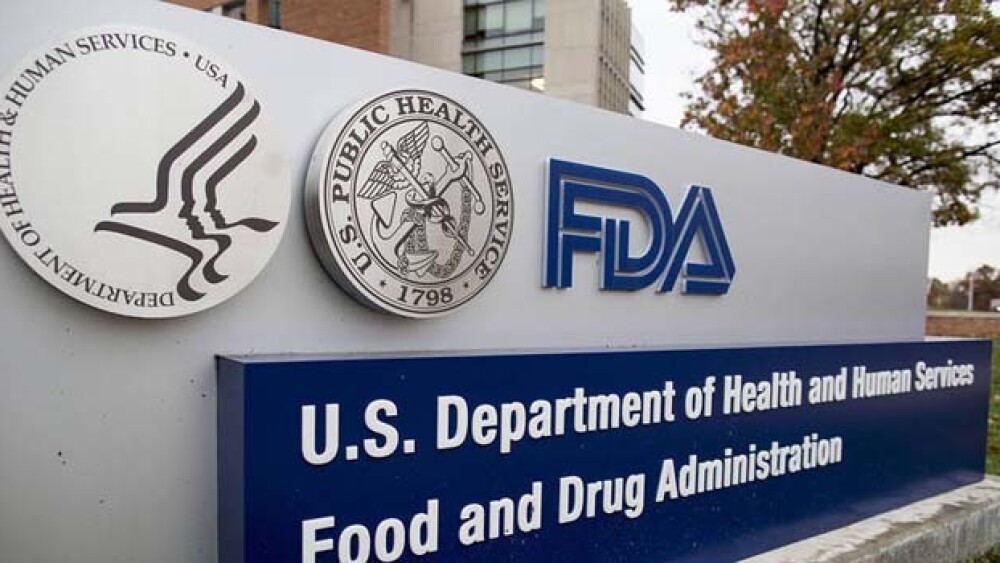The stool sample used in the experimental procedure was not properly tested, the FDA said.
A patient has died after undergoing an investigational fecal microbiota for transplantation (FMT) procedure that contained a drug-resistant bacteria, the U.S. Food and Drug Administration (FDA) announced this week.
The regulatory agency raised the warning flag on Thursday over FMT, which is a bacteriotherapy procedure that involves the transfer of stool from a healthy donor into the gastrointestinal tract for the purpose of treating recurrent Clostridium difficile colitis (C. diff). The stool samples used in the procedure that killed the patient and sickened another were not properly tested, the FDA said late Thursday.
C. diff is a bacterium that causes diarrhea and colitis, an inflammation of the colon. The infection occurs in about half-a-million people in the U.S. annually, typically when they are taking antibiotics. C. diff can be deadly. According to the U.S. Centers for Disease Control, C. diff causes more than 29,000 deaths annually in the U.S.
In its announcement, the FDA said it is aware of bacterial infections caused by multi-drug resistant organisms (MDROs) that have been transmitted from use of investigational FMT. In addition to the patient who died, the FDA said another patient was also affected from the procedure but currently lives. Both patients were immunocompromised adults and both received investigational FMT developed invasive infections caused by extended-spectrum beta-lactamase (ESBL)-producing Escherichia coli (E.coli), the FDA said. The FMT used in the patients were prepared from stool samples obtained from the same donor. However, the donor stool and the FMT used in the two patients were not tested for ESBL-producing gram-negative organisms prior to use, the FDA noted.
“After these adverse events occurred, stored preparations of FMT from this stool donor were tested and found to be positive for ESBL-producing E. coli identical to the organisms isolated from the two patients,” the FDA said in its announcement.
The FDA said it is informing members of the medical and scientific communities of the potential risk of transmission of MDROs by FMT and the resultant serious adverse reactions that may occur.
In 2013, the FDA issued guidance regarding FMT for the treatment of C. diff. The FDA said in its six-year-old guidance that it intends to exercise enforcement discretion under limited conditions regarding the IND requirements for the use of FMT to treat C. diff. The guidance said that the treating physician should obtain “adequate consent” for the use of FMT. That consent, the FDA added, should “include, at a minimum, a statement that the use of FMT to treat C. difficile is investigational and a discussion of its potential risks.”





